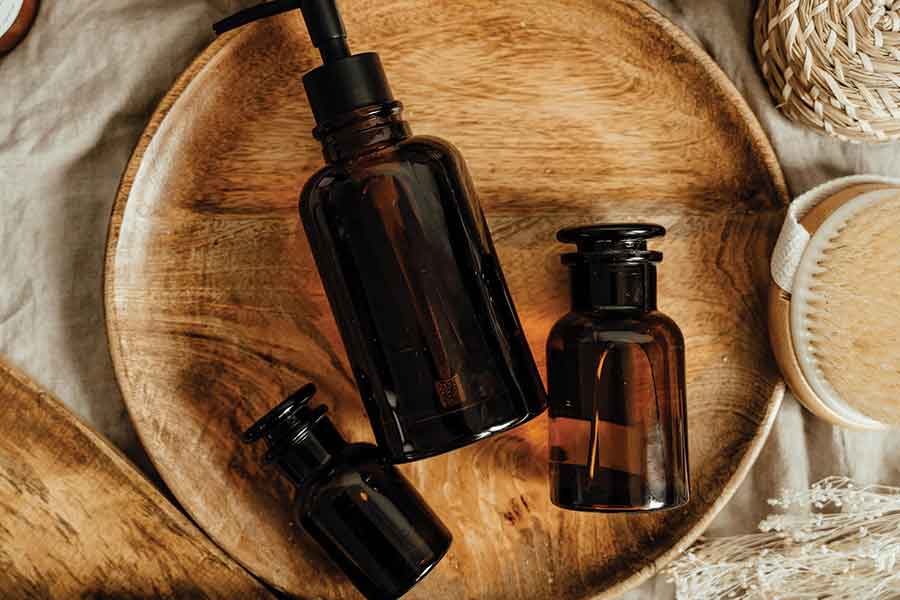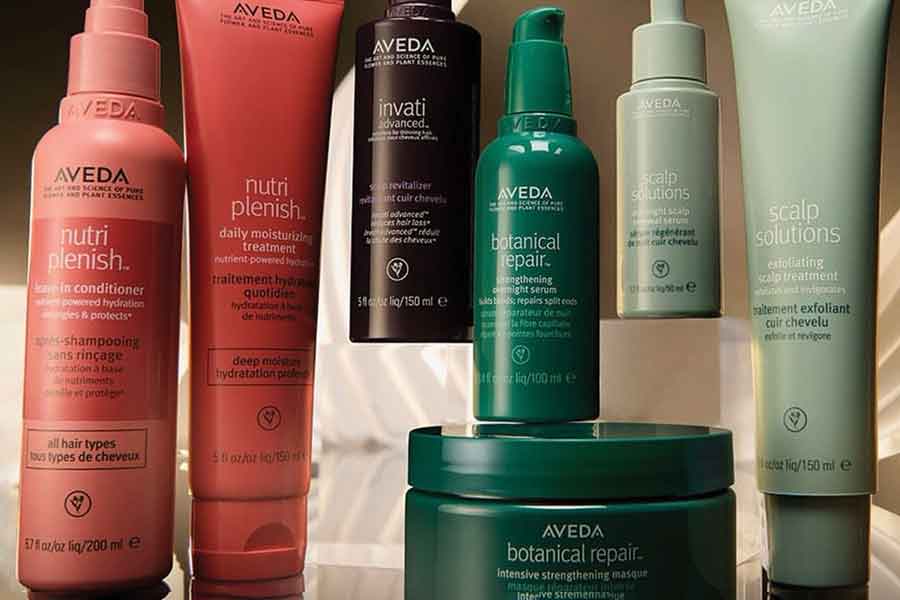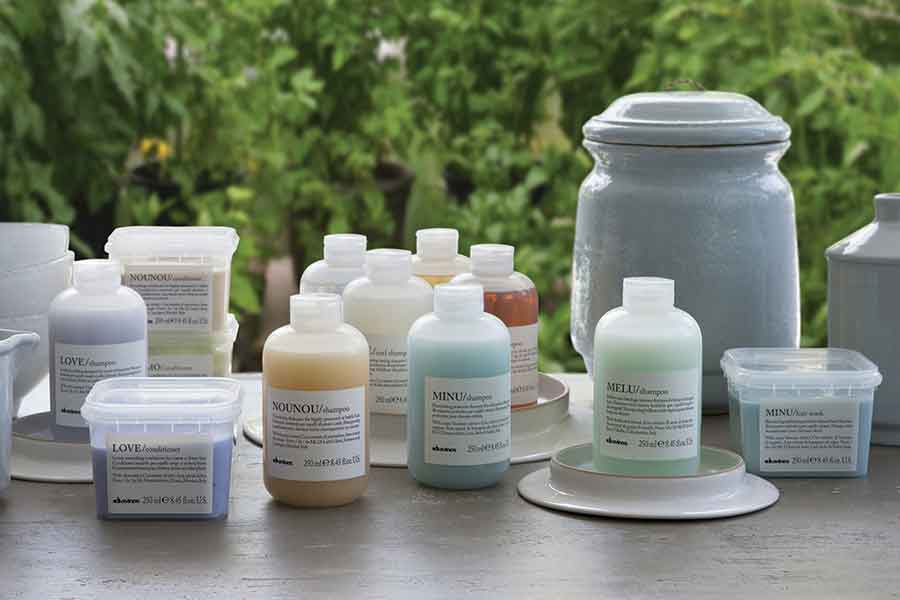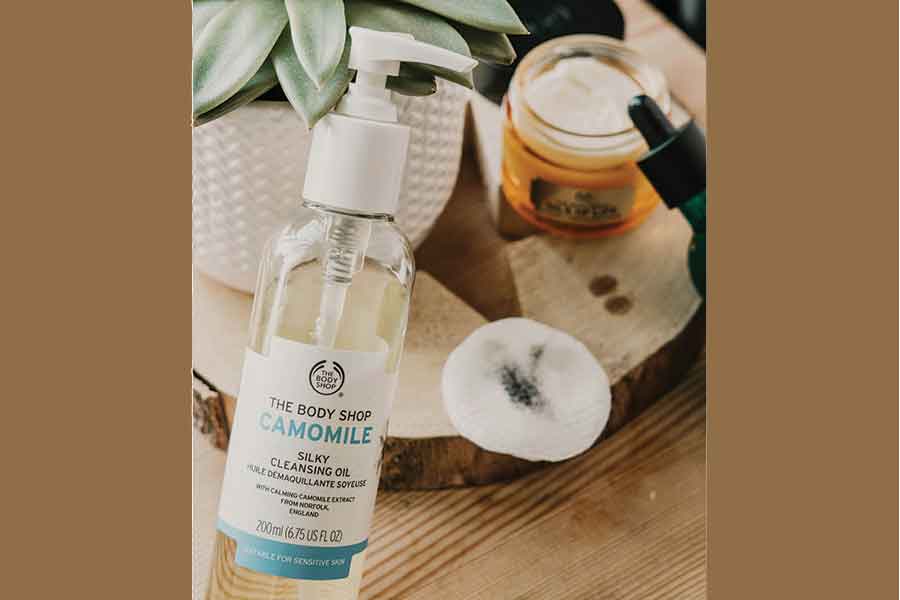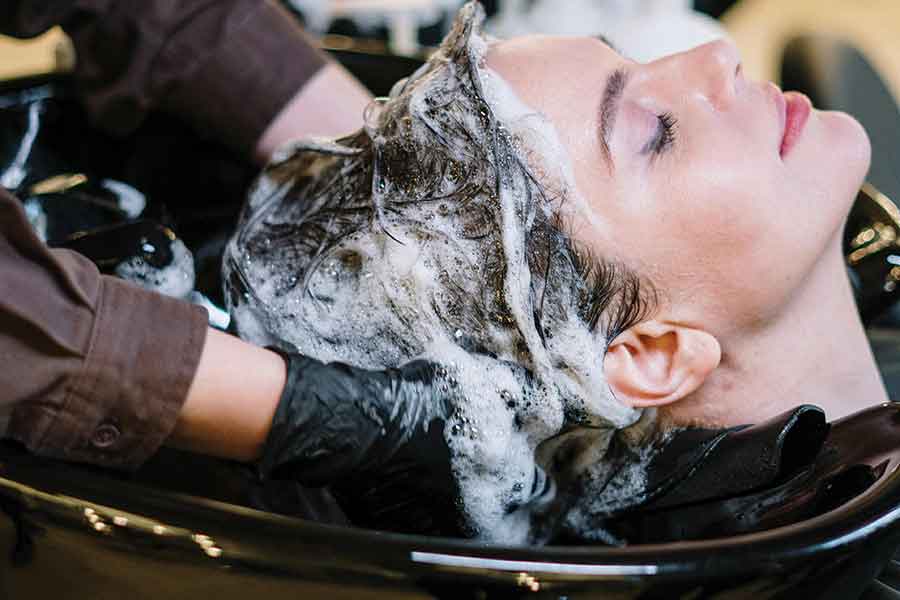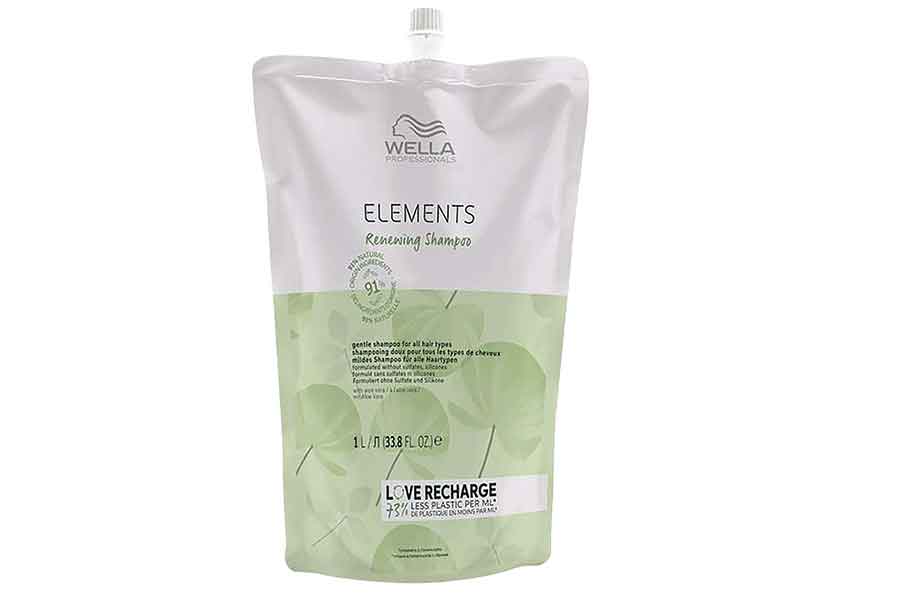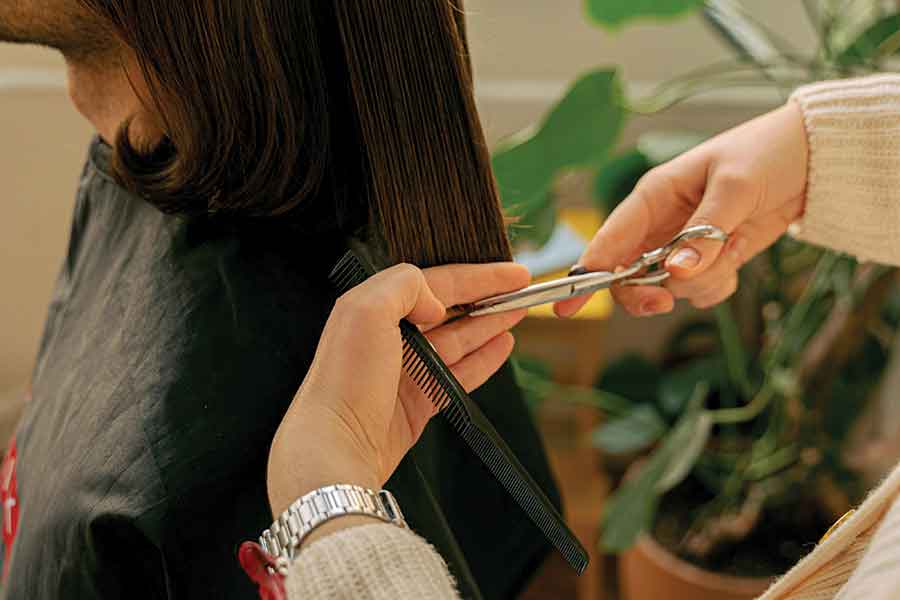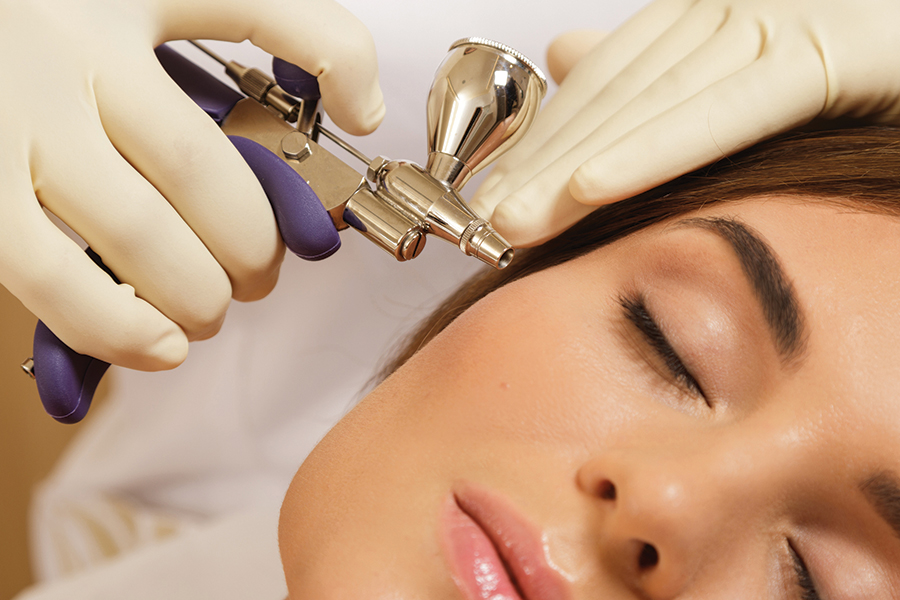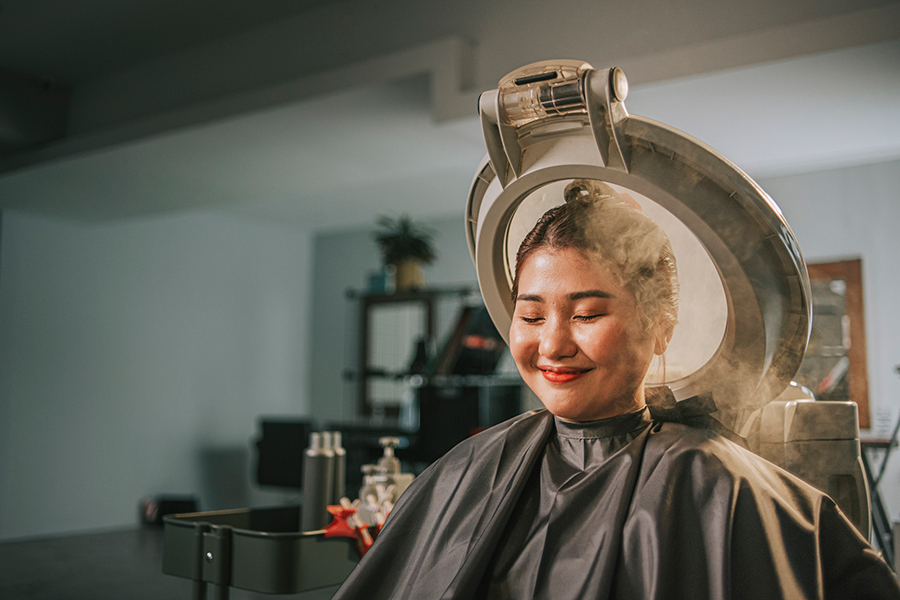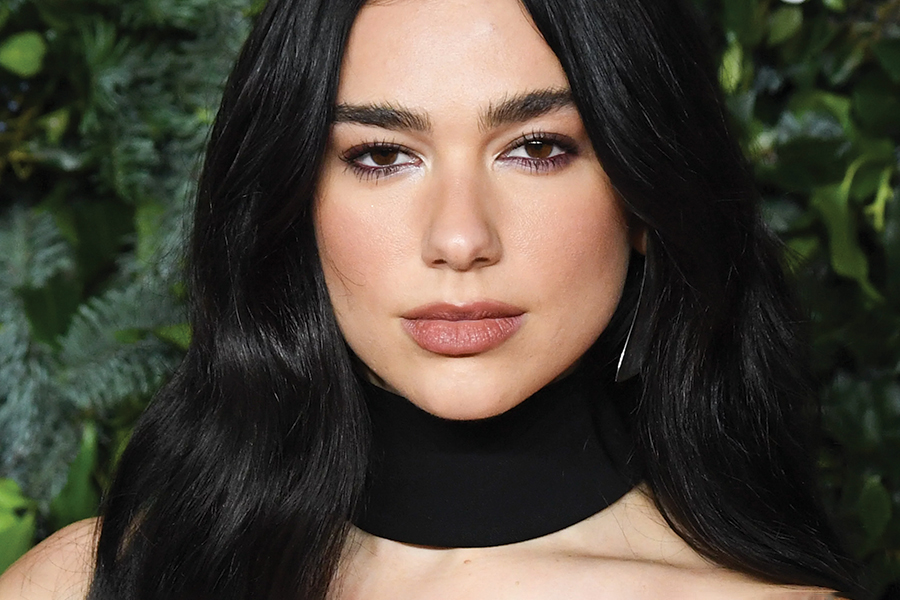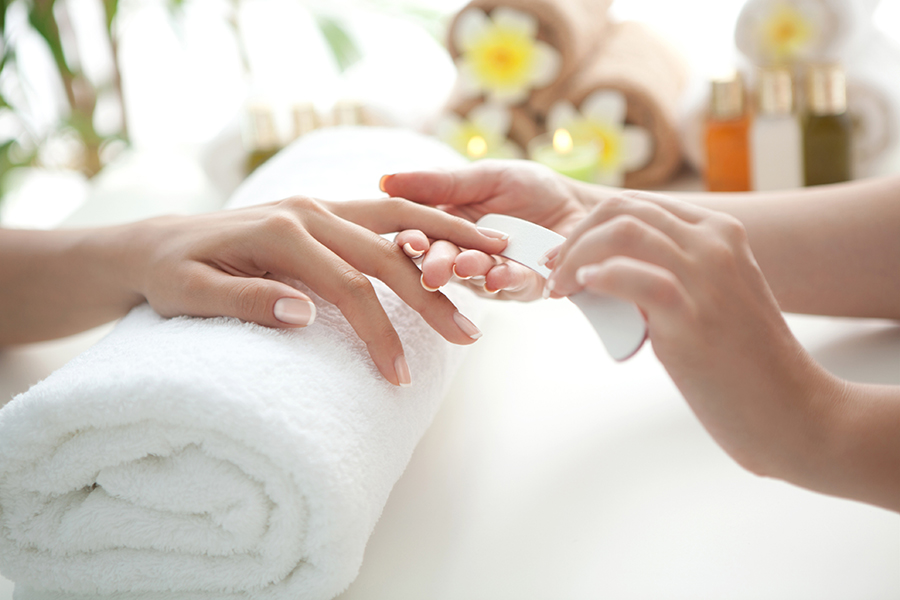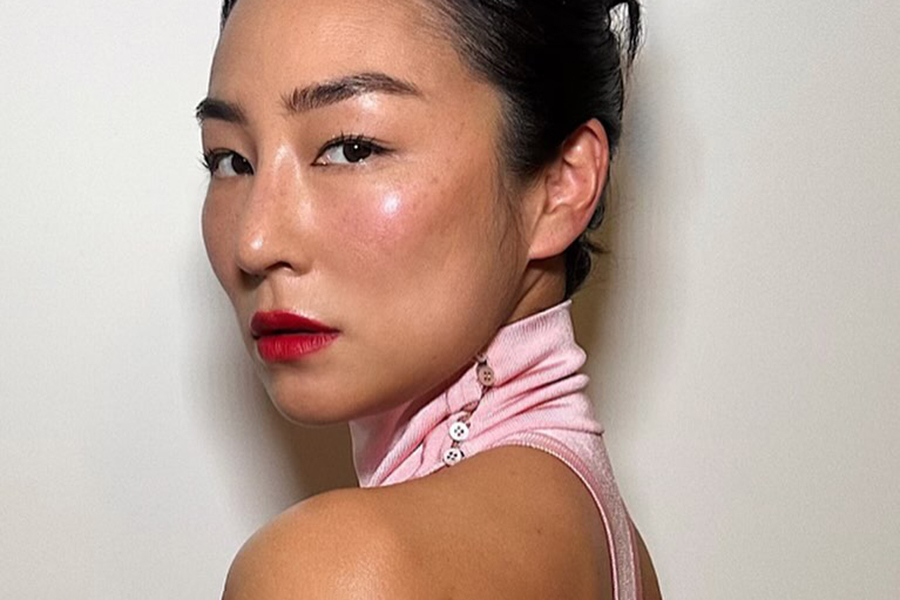The Indian beauty industry has been witnessing an unprecedented shift towards ethicality. Consumers of late are increasingly leaning towards natural, cruelty-free, and environmentally responsible products. Recent statistics have revealed that this is the very shift that has propelled the industry towards innovating sustainable products and practices.
At the heart of it, sustainability is all about reducing harm to the environment. Sustainable beauty products commit to the health of the planet and that of its consumers by being non-toxic and environmentally friendly. They protect the environment by excluding overexploited resources, using eco-conscious packaging, and becoming socially responsible.
In today’s era of heightened eco-awareness, the clean beauty movement has been pivotal in transforming today’s beauty business for the better. The beauty segment directly impacts the overall health of our planet – which is why salons and brands can now be seen engaging in eco-conscious practices and making innovative changes to contribute towards a greener planet.
StyleSpeak connects with some of the industry’s leading players to understand what the beauty segment is doing differently, to stay on top of this ever-growing trend.
Clean Beauty Boom in the Industry
In the wake of a rising need to embrace sustainable solutions, the beauty industry has adopted various eco-conscious practices to bring about a difference in the environment.
For the hair and beauty industry, clean beauty consists of creating sustainable products and services without compromising on their efficacy. By making brands and salons understand the basic principles of cosmetic ingredients and harmful practices, the clean beauty movement inculcates an enhanced sense of environmental consciousness within the industry.
Beauty brands are now incorporating various clean beauty principles into their products and practices by reformulating existing products to meet greener and cleaner standards. To achieve the tag of a ‘sustainable brand’, they also need to promote multiple green practices.
In the beauty segment, the highest tag of sustainability is the B-Corp Certification. This Certification shows that a brand aligns with the highest environmental standards of performance, transparency, and accountability. B-Corp brands, such as Aveda, Davines, L’OCCITANE, and The Body Shop are revolutionising the beauty industry by bringing about a sustainable difference to the environment.
Aveda,
a premium hair care brand, is making a tangible difference by using transparent and trackable ingredients to ensure responsible practices throughout its supply chain. By reducing the size, weight, and production processes of packaging, the brand has been innovating recyclable packaging with a sustainable lens.
Davines
has been highlighting sustainability by using renewable electric energy sources. By implementing the Zero Impact policy, Davines ensures that its product packaging is completely carbon neutral. Additionally, the brand contributes to a sustainable planet by using minimal raw materials, bio-based raw materials, and optimising logistics to the fullest. Similarly,
Interestingly, The Body Shop has been tackling biodiversity loss by developing a regenerative approach. The Body Shop, a leading beauty brand, is contributing towards a sustainable future by reintroducing its iconic ‘product refill scheme’. By rolling out their refill stations across stores globally, the brand has brought back its refill revolution.
Salons have similarly been doing their part as well.
The Future of Sustainability in the Beauty Industry
Swati Gupta, Capability Director, Bodycraft, says, “At Bodycraft, we collaborate with select brands that align with our sustainability goals and we continue to explore partnerships that enhance our eco-conscious offerings.”
Today, both salons as well as brands are incorporating technology to be as sustainable as possible. Modern trends like AI-powered diagnostics and energy-efficient equipment are helping the beauty segment to stay on top of their sustainable game! By switching to LED lights, water-saving taps, biodegradable towels, and new-age sanitisation practices such as reusable protective gear, salons can make a massive difference to the environment.
Neha Bhalachandra, Director, YLG Salons, says, “With time, the process of salon sanitisation has also evolved drastically. The chemicals used by the salon industry are now less chemical-heavy. Instead, we are using more organically-derived, herbal components to clean our salon spaces.” Eco-conscious brands like Wella have also set science-based targets to design a clear roadmap towards sustainability. By introducing the ‘Welloxon Perfect’ salon color developer range, the brand aims to reduce environmental impact with less carbon emissions and lower water usage. In 2020, Brillare developed the Zero Dilution Promise – an initiative that helped the brand formulate its products with 100% natural and active ingredients.
Similarly,
L’Oréal Professionnel
is bringing about a significant change in their operations. By introducing Water Saver, the first-ever showerhead to use high-tech water fragmentation technology, L’Oréal Professionnel is now saving up to 69% water during backwashes.
Swati Gupta says, “The journey towards sustainability varies across the industry. While some salons have made significant progress in eco-friendly product sourcing and energy-saving infrastructure, broader adoption is still a work in progress due to the industry’s inherent challenges. Salons can further improve by
- Optimising waste segregation and recycling
- Sourcing more sustainable furnishings
- Training staff on eco-friendly practices
This is why at Bodycraft, we are committed to continuous improvement in this area!”
The beauty industry as a whole is undoubtedly making big strides in its efforts towards being sustainable. With the movement towards clean beauty marking a significant step towards a more responsible and ethical industry, sustainability is undoubtedly reshaping our industry for the better.

